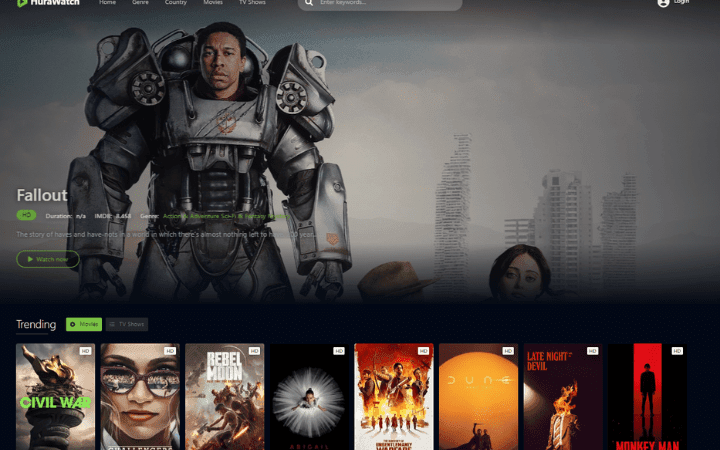Big Data In Healthcare: What Is It, And Its Benefits?

With the changes in the post-digital world and the adoption of a new lifestyle by the population, approaches to health have changed, and many of them thank the usage of Big data in Healthcare.
Whether collected by technologies such as medical software, electronic prescriptions, or wearable devices, data is everywhere and should be used best. And, in this article, you will check out five benefits of this technology in health and how this innovation can change the future of Medicine.
What Is Big Data?
Big Data is a term that refers to the extraction of information from a large volume of data generated daily by people and organizations. It has changed the way people store, analyze and use information, and healthcare is one of the areas where this innovation has driven significant changes.
This in digital healthcare has the potential to reduce costs, predict epidemics, and improve follow-up and overall quality of life. The strategic importance of this data is related to how each organization will use the information to optimize time, resource management, and costs and improve patient care.
What Are The Benefits Of Big Data In Healthcare?
The health area has recorded data from various sources, such as electronic medical records, cell phone applications for monitoring patients, test results, and genetic data.
For the daily lives of countless professionals, this technology in healthcare contributes to a deeper analysis of patients’ needs and a complete view of the prevention, treatment, and cure of diseases. Learn about other impacts of this technology below:
Advances In Treatments And More Excellent Health Monitoring
The great benefit of this in health consists in making medical decisions increasingly based on data. In this way, it is possible to obtain advances in treatments because, with the help of artificial intelligence, professionals will be able to find new solutions and treatments for various diseases.
Greater Patient Care
With patient records stored in the cloud on systems for clinics, data can be accessed more quickly and easily, which supports patient care.
Thanks to this technology, professionals can identify recurrences in patients, such as hospital admissions or chronic problems. In specific cases, new wearable devices are being developed to track individual trends in each patient’s data and place them in the cloud where doctors can monitor them.
Cost Reduction
Cost management in healthcare has been increasingly discussed, and the trend is for it to be optimized with the use of it.
With predictive analytics that can be performed with the help of data, one can get help in allocating professionals and distributing investments more appropriately. And,In addition, with the support of Telemedicine and Teleconsultation, the data obtained through them will also be used for predictive analyses.
Collaboration With Health Research
Thanks to the integration of the data, it will be possible, in the medium term, to gather the information contained in the patient files both in public and private networks. With the intersection of this information, the prevention of epidemics and more significant advances in health research will be increasingly boosted.
When looking, for example, which diseases are most common in a given region, which interventions are most urgent, or which drugs have the best effect on a particular group of people, the advances will be remarkable.
Increased Patient Engagement
Several people are already adept at using wearables to collect their sleep data, heart rate, steps, and blood saturation. All this information can be used and other data to identify possible lurking health risks.
Chronic insomnia and an elevated heart rate can, for example, be a sign of future heart problems. With patients engaged in health monitoring and care, their chance to adhere to treatments and be propelled towards a healthier lifestyle is much greater. So, throughout this article, you have seen some of the benefits of Big data in healthcare area and how it can impact the future of medicine.
Also Read: What Is Big Data Analytics, And How To Apply It To Your Business?






